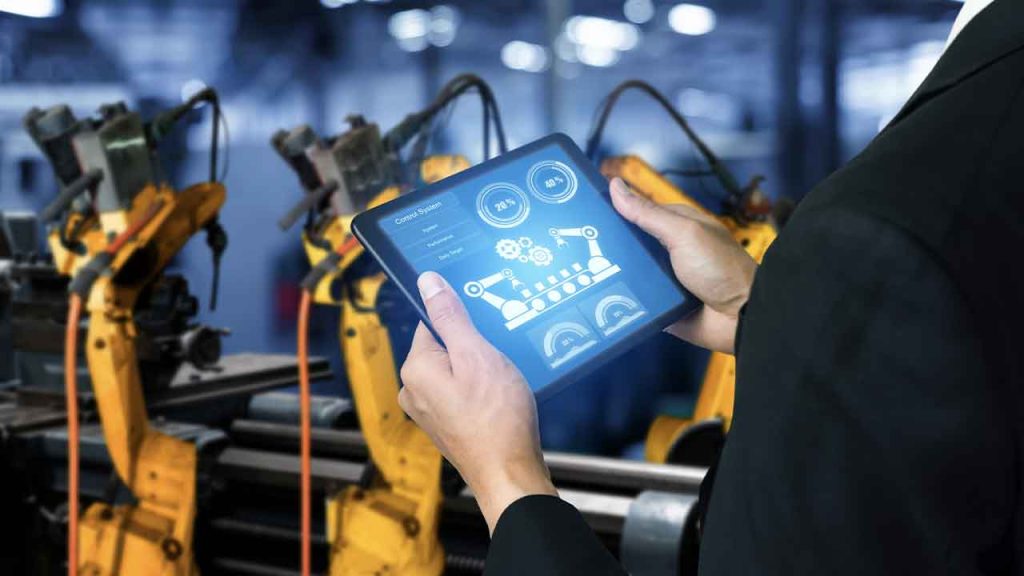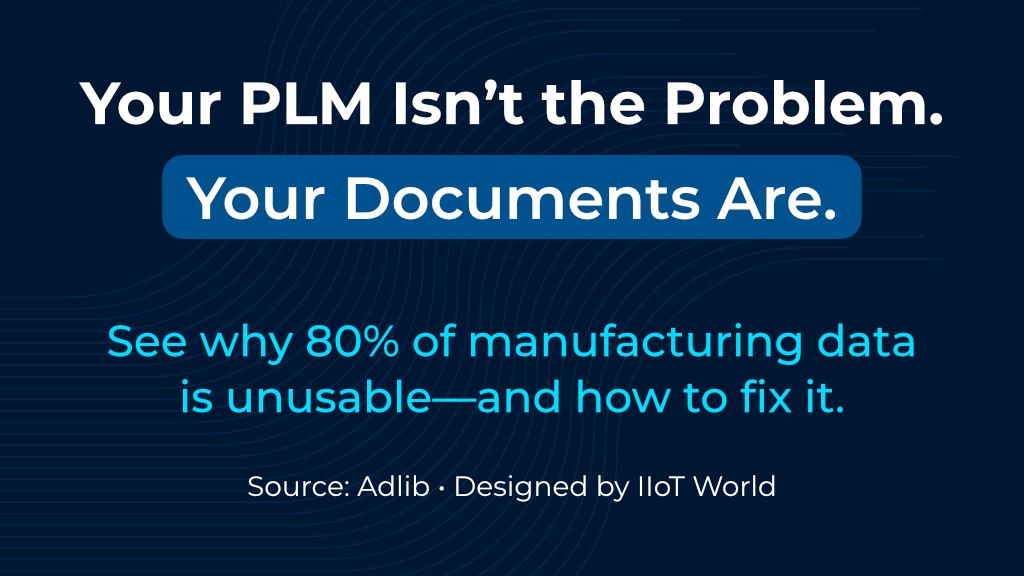At a time when Industry 4.0 conversations dominate industrial trade shows and boardrooms alike, many manufacturers still miss the mark. The problem isn’t the technology. It’s how it’s being approached.
Jeff Winter, a well-known voice in digital manufacturing and VP of Business Strategy at Critical Manufacturing, shared insights at Hannover Messe 2025—cutting through the jargon to focus on what actually delivers value.
The Misconception: Treating MES as Software, Not Strategy
According to Winter, one of the most common missteps he sees is manufacturers treating Manufacturing Execution Systems (MES) like another software package you buy and install, rather than what it truly is: a strategic platform.
This same short-sightedness extends to Industry 4.0. Too many organizations focus on “what technology to adopt” rather than asking how their business operations, people, and value delivery need to evolve.
“The conversation needs to shift from features to outcomes,” Winter said. “If you’re not thinking about how this transforms the way you work and deliver value, you’re missing the point.”
How to Spot Real Value in a Crowd of Buzzwords
Hannover Messe, like many major expos, is saturated with marketing language. AI, IIoT, digital twin, edge computing—the vocabulary is endless. But Winter offers a refreshingly practical filter for cutting through the hype:
“If a vendor can’t tell you in 30 seconds how their solution will save you money, make you money, or reduce risk, walk away.”
That single metric—value clarity—is what separates real solutions from shiny distractions.
Where the ROI Actually Happens
Winter didn’t sugarcoat where companies find the highest ROI from MES implementations. It’s not in flashy dashboards or predictive analytics right away. It starts with fundamentals:
- Visibility – Can you actually see what’s happening across your shop floor in real time?
- Actionability – Can you do something about it the moment you see it?
“These two capabilities—seeing and acting—deliver the biggest initial returns,” said Winter. “Once those are in place, you can scale into more advanced capabilities with confidence.”
AI Is the Question—But the Answers Are Still Murky
The most talked-about trend at Hannover Messe 2025? Generative AI. But Winter is quick to note that while everyone is asking about it, few can define what it means for them.
“Even companies that aren’t AI vendors feel pressure to have an answer for how they’re using generative AI,” he said. “It’s dominating the conversation, but there’s no consistent understanding.”
Manufacturers would do well to define their AI strategy not by technology trends, but by business needs—especially those tied to labor shortages, supply chain resilience, or quality improvements.
What Needs to Change
If Winter had one wish for Hannover attendees, it would be for sharper, more honest conversations.
“I want visitors to challenge vendors. Ask them to articulate in plain terms what they do, why it matters, and how it creates measurable value.”
The era of vague transformation talk is over. If Industry 4.0 is going to make the leap from vision to execution, every player—vendors and manufacturers alike—needs to talk less about what’s possible and more about what works.
Sponsored by Critical Manufacturing
About the author
Lucian Fogoros is the Co-founder of IIoT World
Related articles:


